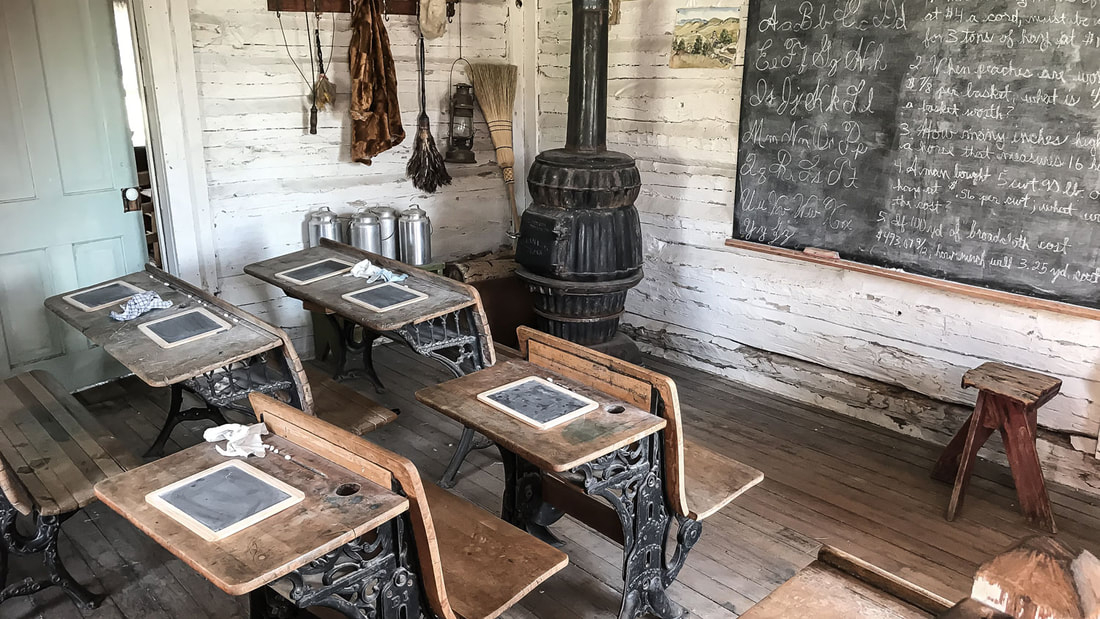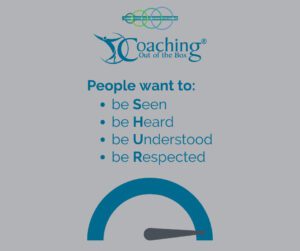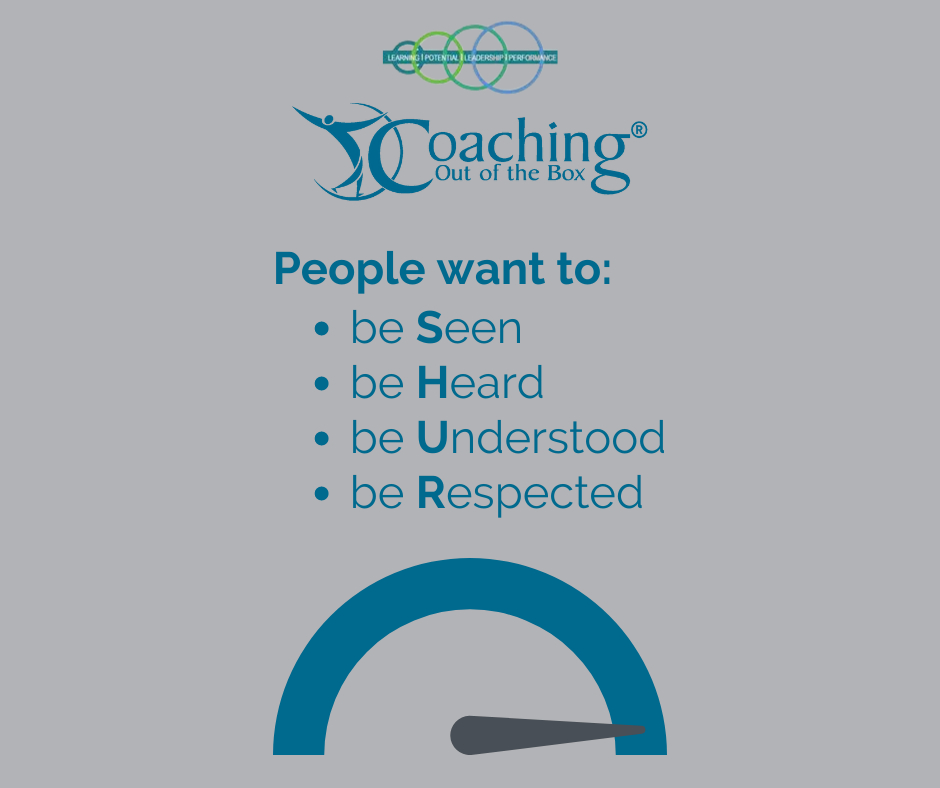
Tone, Branding and Personality. Part 3 of What's Next?
 Tone, Branding and Personality
Tone, Branding and Personality
Website- August newsletter
Niche- September newsletter
Tone, branding, personality
Marketing
Social
Business name

 Tone, Branding and Personality
Tone, Branding and Personality
If you’ve been following along in our What’s Next? Series, you’ll have considered your website (nuts and bolts not actual design completion) as well as your niche. We’ve covered both of these in our August and September newsletters, and both are posted on our website blog page.
Tasks to consider when focusing on what's next:
Website- August newsletter
Niche- September newsletter
Tone, branding, personality
Marketing
Social
Business name
You may feel that marketing is the next step. But before that, you’ll need to know the intent behind your words, how to convey who you are and who you aren’t to your potential clients.
Tone, branding and personality.
Why are they important?
Which comes first?
What is affected by your decisions?
Where to start?


People have been quietly quitting for years, just without the trendy term. Whether they’re looking for a new job, are struggling with their career path or with unacceptable expectations; quietly quitting isn’t new.
What is new, or at least more in the forefront, is searching for meaning and better work-life boundaries. The pandemic has increased our stress and led to higher rates of burnout in most job sectors.
Then enters remote working, showing us different ways of working that also allows us to enjoy some personal time and flexibility.
Do a quick Google search and you’ll find articles and opinions from McKinsey to any news publication you follow. Rethinking and rejecting, hustling and quitting…in comes the passion economy. Where you do more of what you love. Regain control. Plan your life on your terms.


The second topic in the series, What’s Next?, may be a question that’s been on your mind since you started thinking about entering the coaching world.
What’s your niche?
Who do you want to be as a coach?
Who is your ideal client?
Who do you NOT want as a client?
If you’re following along in our series, the first topic (task I called it for the sake of accountability) was about your website. The topic covered budget, ease of use, ownership and much more. If you’re new to our newsletter community and missed the first newsletter, reach out to me at advisor@coachingoutofthebox.com and I’ll send it along.
Tasks to consider:
Website- August newsletter
Niche- September newsletter
Tone, branding, personality
Marketing
Social
Business name
What is a niche?
Your niche helps you focus on a path. It also tells your potential clients where you specialize. A clear niche will help you not only focus yourself but also your branding and your message.


On the issue of taking notes during a coaching session...
This is a question that often surfaces in coaching training. Is it ok for the coach to write while conducting a coaching session? What are the pros and cons of taking notes in coaching?
When it comes to coaching, I usually try to stay away from “black and white” answers.
Coaching is a human-to-human interaction, and as so, full of gray areas.
Writing while coaching is possibly one of them.


As coaches and leaders, the one constant that remains is our need to adapt and evolve our techniques and approach to our craft. This has never been more important than today, when every company, based on customers, suppliers, and employee location, is a global company. As generation Z pours into the workforce, balancing five generations in the workplace, whether they show up and/or “zoom-in”, our complex environment continues to challenge many leaders. Meanwhile, geo-political instability, climate change, pseudo-recession, and endemic fears add stress and uncertainty for everyone.


Oh, the Back to School ads are dreadful,
But the summer is so delightful,
Since we’re coaches in-the-know,
Feed your soul, feed your soul, feed your soul.
Corny yes, but also true. As coaches and coaches-in-training, we are learning how we need to coach, what we need to do as a coach, and who do we have to be as a coach.
As summer comes to an end and we reflect back on a fruitful season, ask yourself three questions:
How did you use your white space this summer?
Did you get in your state of flow?
How did you feed your soul?
We get focused on our daily schedule, family life, and career goals and sometimes forget about taking care of ourselves.


That’s the big question. Whether you’re starting your coach training, are in the midst of it or you’ve completed your training, What’s next? is a big question that’s probably on your mind. What’s right in front of you? Using your new coaching skills in your current role? Adding a side gig? Or starting your new path as a credentialed coach and offering your services? Two out of three of these options are bigger than the other. Let’s talk about that.
Where to start? Personally, I’m very task-oriented, however, in the mindset of coaching the term task can be translated to everything from assignment, burden, responsibility, calling, or headache to mission. Let’s stick with tasks for the sake of ease and positivity. In the first of this series of blog posts, let’s talk first tasks. Below is a list of some (but not all) tasks to be considered when starting to promote yourself as a coach. The list is by no means complete and will also be altered to suit your needs. Some tasks will be easier than others depending on your experience and who’s in your network that you can call on (a key point to remember!).


You are taking a coach training program and part of this is tons of practice, this is all great but what happens when you can no longer think of a topic to use with your coaching partner. This should be easy, shouldn’t it? Enter coaching topic fatigue. What DO I want to talk about? How do I share something without revealing too much? How do I come up with yet another topic?
We asked our panel of coach facilitator experts to weigh in and here’s what they had to say:
“Sometimes I think of whatever has come across my desk that day that I might need help with. Or even what do I make for dinner? These are all great ways to come up with new coaching topics.” — Merv Rogers, MCC, Chief Coaching Officer, COTBx
“I keep an ongoing list of topics and I've even come to sessions without having a clear topic I want to take action around, but rather ideas/feelings/concepts that I simply want to explore further. In fact, this is where I've been a lot lately with my own coach, and I find that those sessions are often the most meaningful as they really help connect me to myself and my thinking/feeling/being.” — Joanne Peck, PCC, Coach Facilitator/Mentor Coach, COTBx


You may have heard the buzz that is happening at the ICF (International Coaching Federation) right now… all these changes but what is in a change? Let us enlighten you as we assure you, the ICF has just made it easier for Coaching Out Of the Box to remain your single place to obtain the coach training, mentoring, and professional assessment you need to comfortably apply for your ICF Associate Certified Coach (ACC) credential.
The ICF is the Gold Standard for professional coaches around the world, since its inception in 1995 the ICF has been a vital element in the industry providing accreditation to coaches. This accreditation begins with the coach training and as providers of coaching education, it has been our role to ensure that our training meets the ICF’s high standards.


As the coaching community begins to embrace diversity in coaching, it will need to embrace its role as a change agent as well. “Coaching is not seen as neutral; it either supports the status quo or creates critical awareness necessary to change it”, states Charmaine Roche and Jonathan Passmore in their recent article Racial Justice, Equity and Belonging in Coaching.
In coaching, our opportunity to change the status quo is by identifying and exploring the dimensions of difference within your client. Whether these are dimensions of diversity or cultural differences, this discussion gives deeper and greater context to the client's lived experiences. In this way, the client can determine whether those differences may or may not have an impact or meaning in the context of their future life. This is embracing diversity in coaching.
® Copyright 2024 Coaching Out of the Box®. All Rights Reserved.
